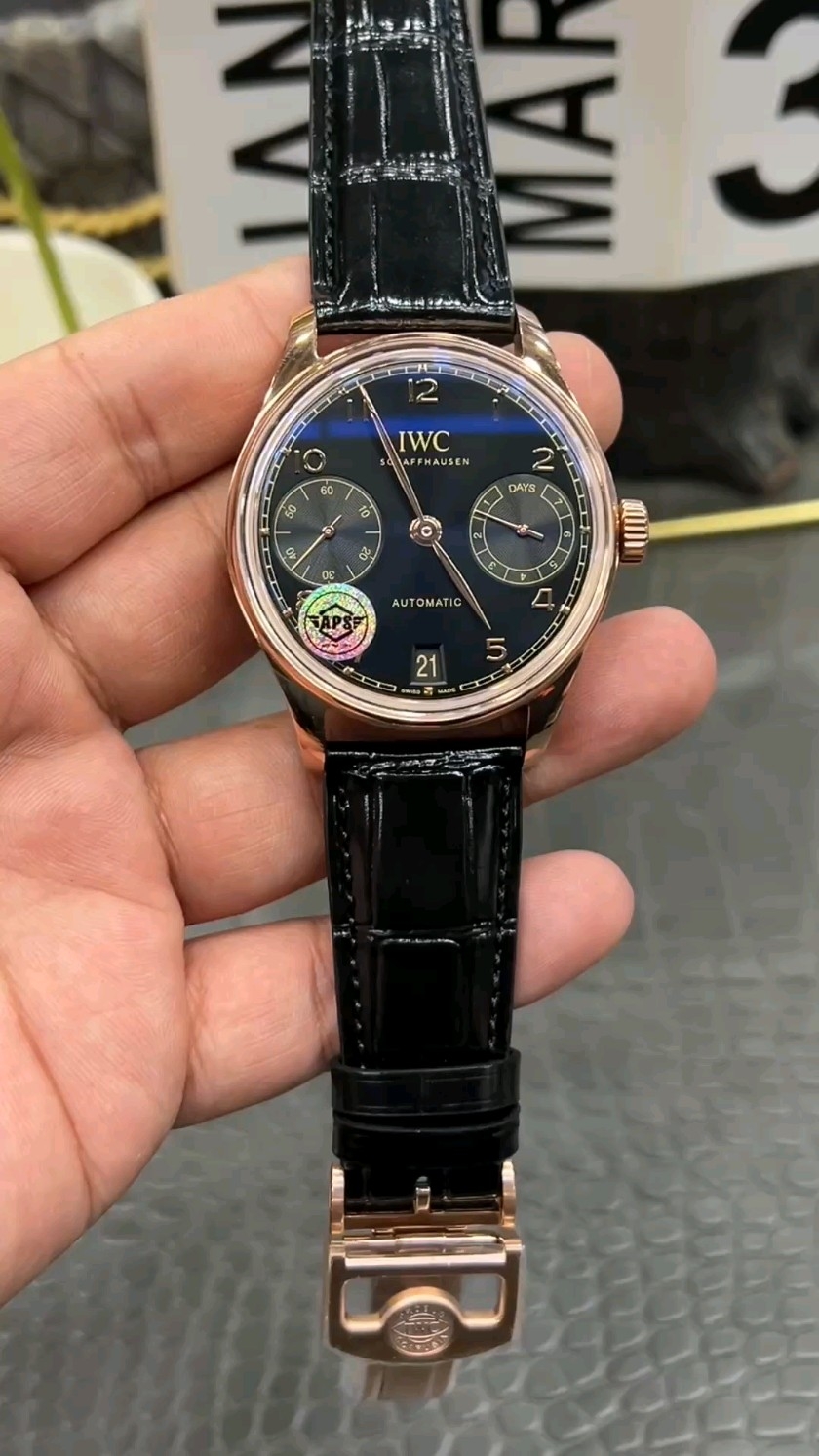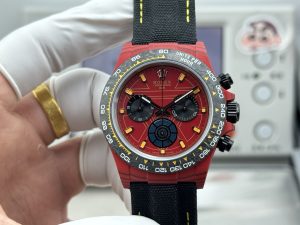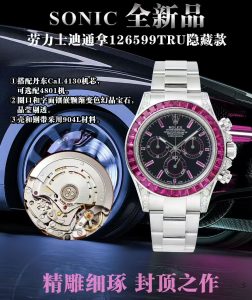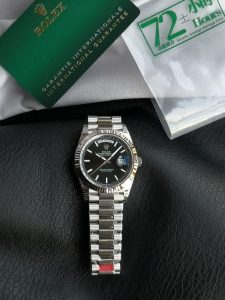The IWC Portuguese Seven-Day Power Reserve represents a blend of elegance and technical prowess that has captivated watch enthusiasts around the world. This unique timepiece, with its 42mm rose gold case and striking black dial, houses the customized 52010 automatic mechanical movement. Affectionately known as the ‘Portuguese Seven’ or ‘Portugieser 7’, this model epitomizes the quintessence of Swiss watchmaking excellence. However, in today’s diverse watch market, replica versions of this esteemed model have emerged, presenting intriguing ethical, economic, and personal considerations.
Firstly, the Portuguese Seven’s allure lies in its sophisticated design and mechanical mastery. The rose gold case provides a luxurious feel, complemented by a black dial that showcases the watch’s sartorial elegance. This aesthetic is not merely superficial; it reflects a rich heritage of horological innovation and craftsmanship that IWC has nurtured over decades. Yet, the rise of replica watches challenges consumer perceptions of exclusivity and authenticity. Critics argue that replicas dilute the prestigious image associated with the original, yet they offer a practical alternative for those deterred by the high price tag.
Economically, the original Portuguese Seven positions itself as a luxury investment. While watches like these often promise status and potential financial appreciation, economic realities tell a nuanced story. Historical data suggests that not all luxury watches perform consistently as investment vehicles. WatchCharts data indicates fluctuations in resale values, highlighting that only a select few models retain significant monetary value. Replica watches, however, disrupt this notion by providing a cost-effective way to enjoy high-end designs without the associated financial risk.
From an ethical standpoint, the replica market raises intriguing questions about consumer choice and manufacturing practices. The replication of the Portuguese Seven underscores a tension between genuine craftsmanship and artful imitation. While replicas offer accessibility, they also pose moral dilemmas about intellectual property and the integrity of luxury branding. Some argue that purchasing replicas undermines the artistry and skill invested in authentic watchmaking, albeit replicas also democratize luxury, allowing broader access to iconic designs.
The psychological aspect of owning a luxury watch, whether authentic or replicated, is complex. The Portuguese Seven signifies not only an appreciation for horology but also a marker of success and personal achievement. Choosing a replica might strip away some status symbol sheen, yet it can symbolize a conscious decision to prioritize financial prudence over conspicuous consumption. This shift in mindset challenges traditional luxury marketing narratives that equate self-worth with brand prestige.
In conclusion, the IWC Portuguese Seven-Day Power Reserve stands as a testament to fine watchmaking art, while its replica counterpart invites broader discourse on economic, ethical, and personal values in luxury consumption. As consumers navigate choices between originals and replicas, they are encouraged to weigh the merits of authenticity against practical economic benefits, ultimately redefining what true value in luxury watches means.




